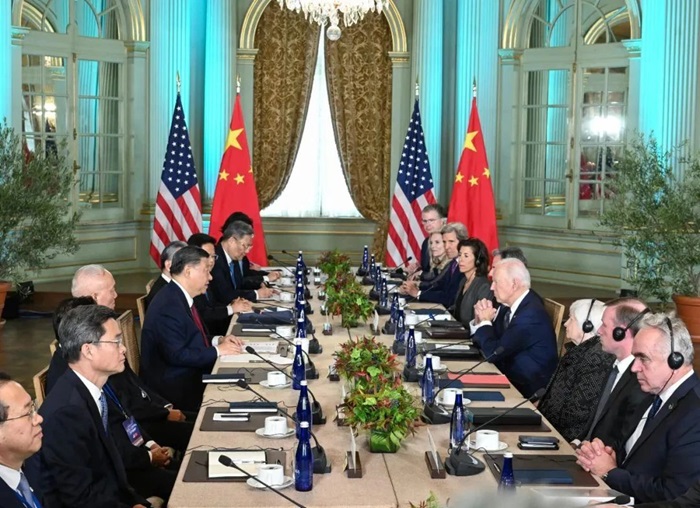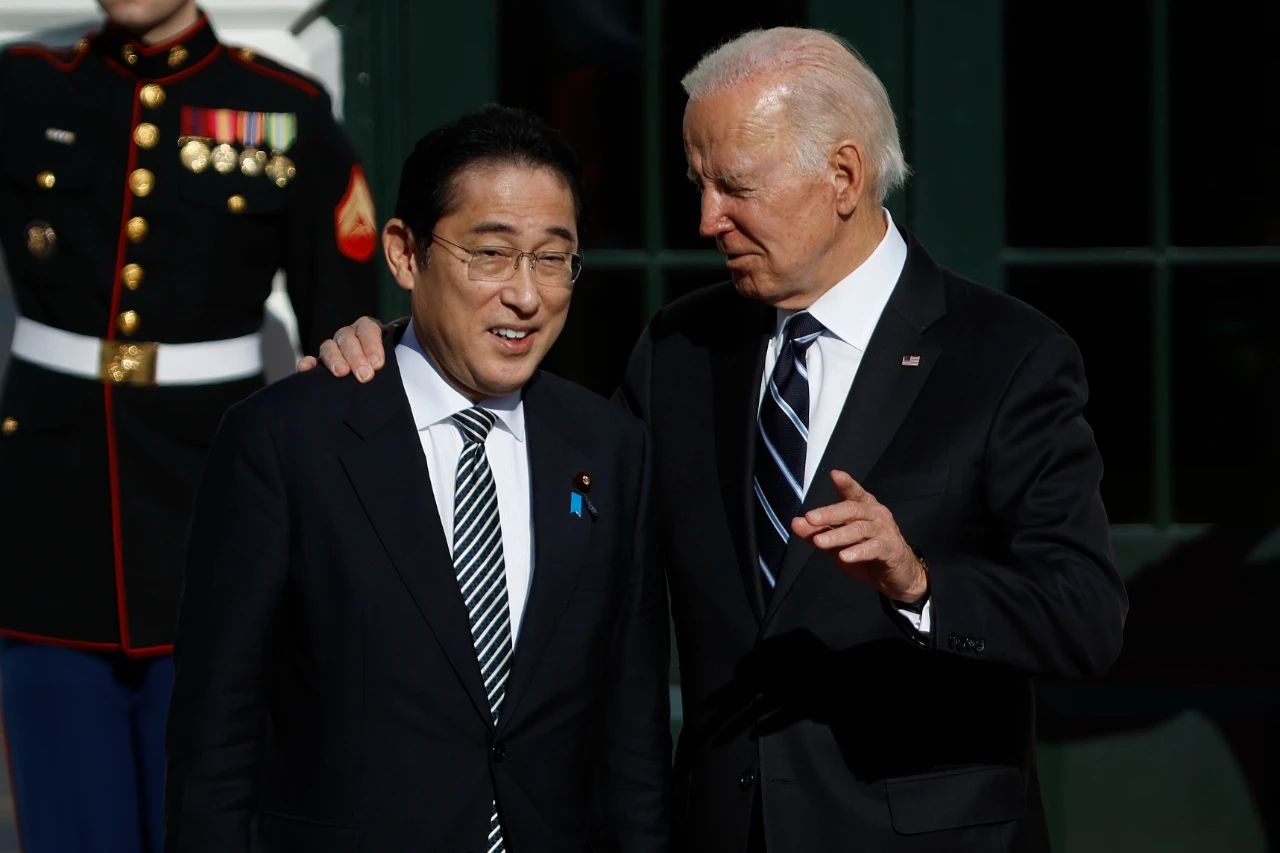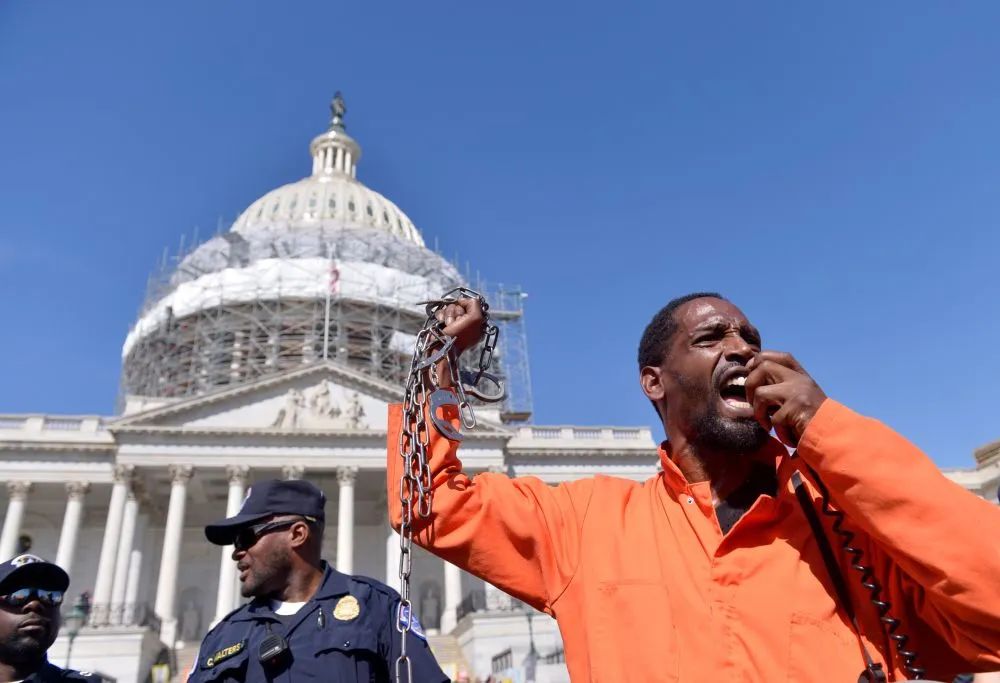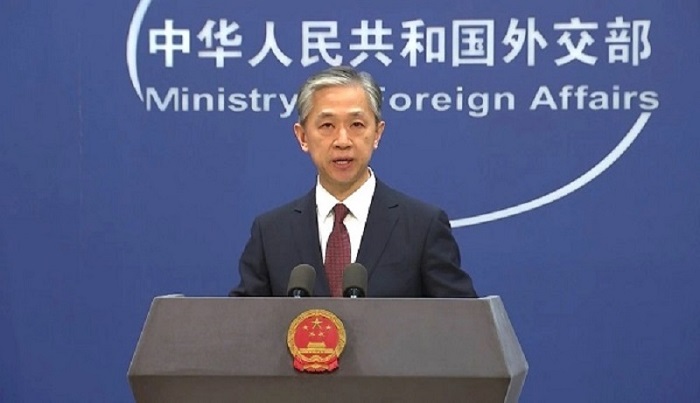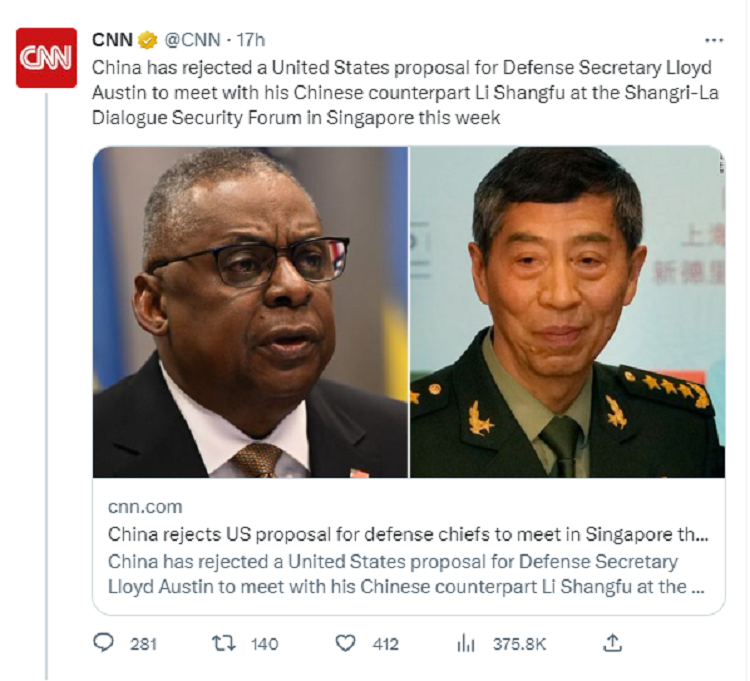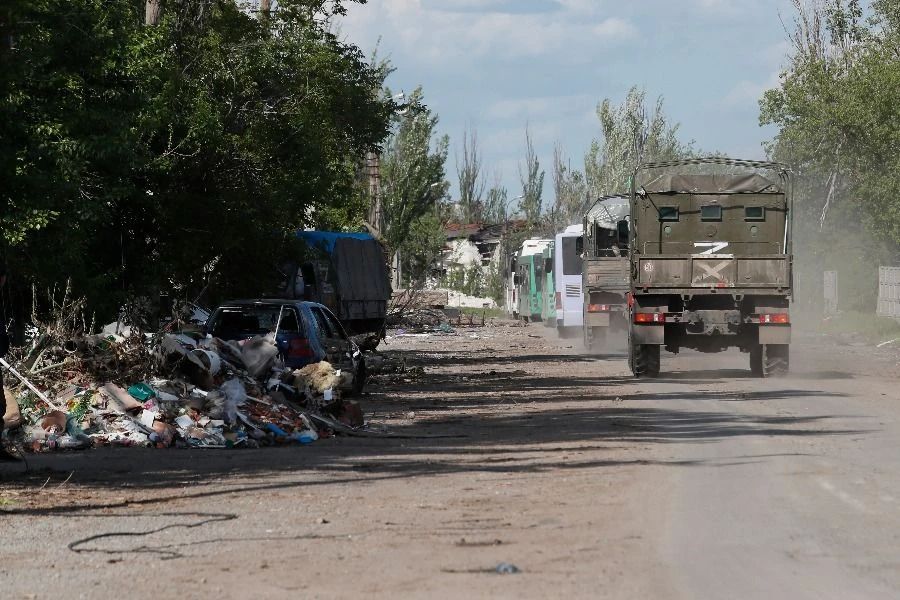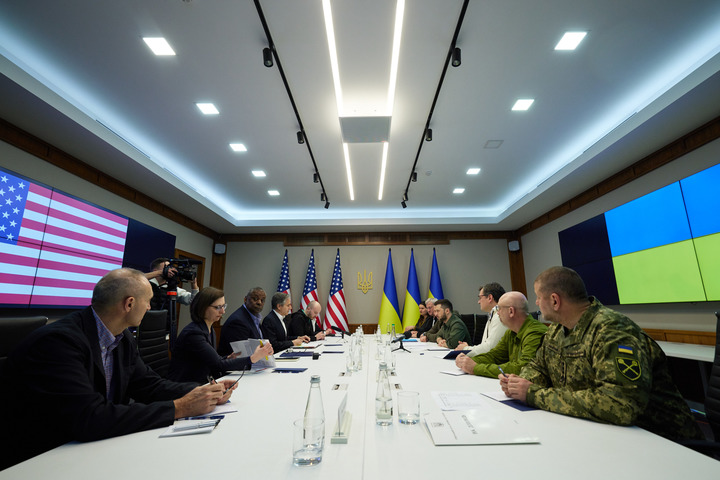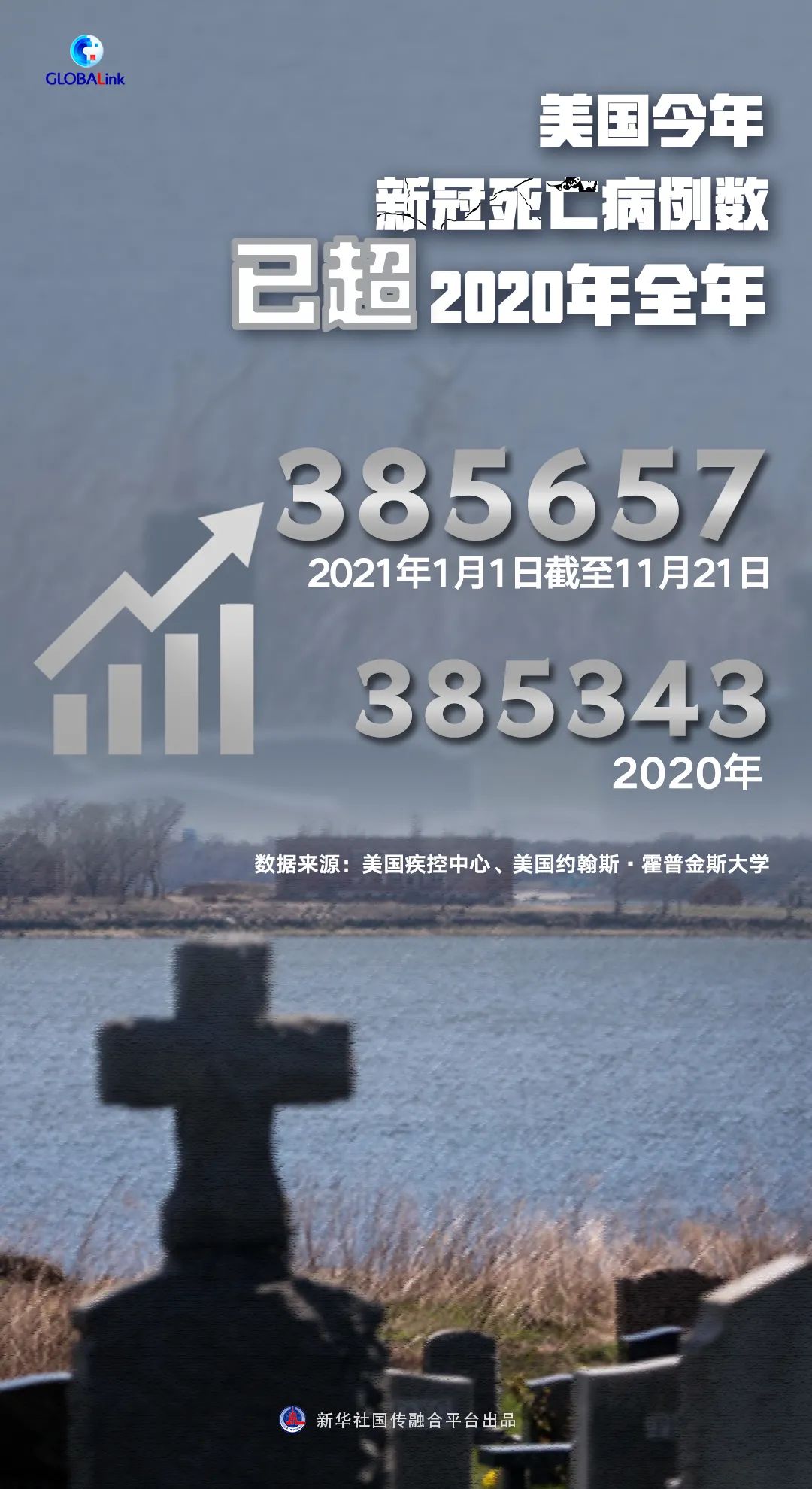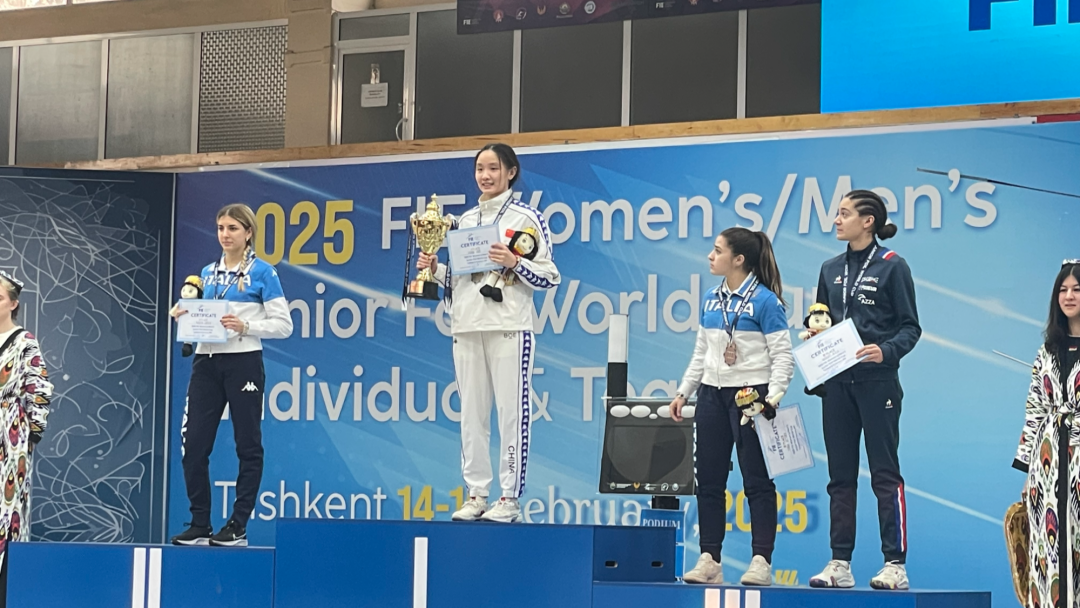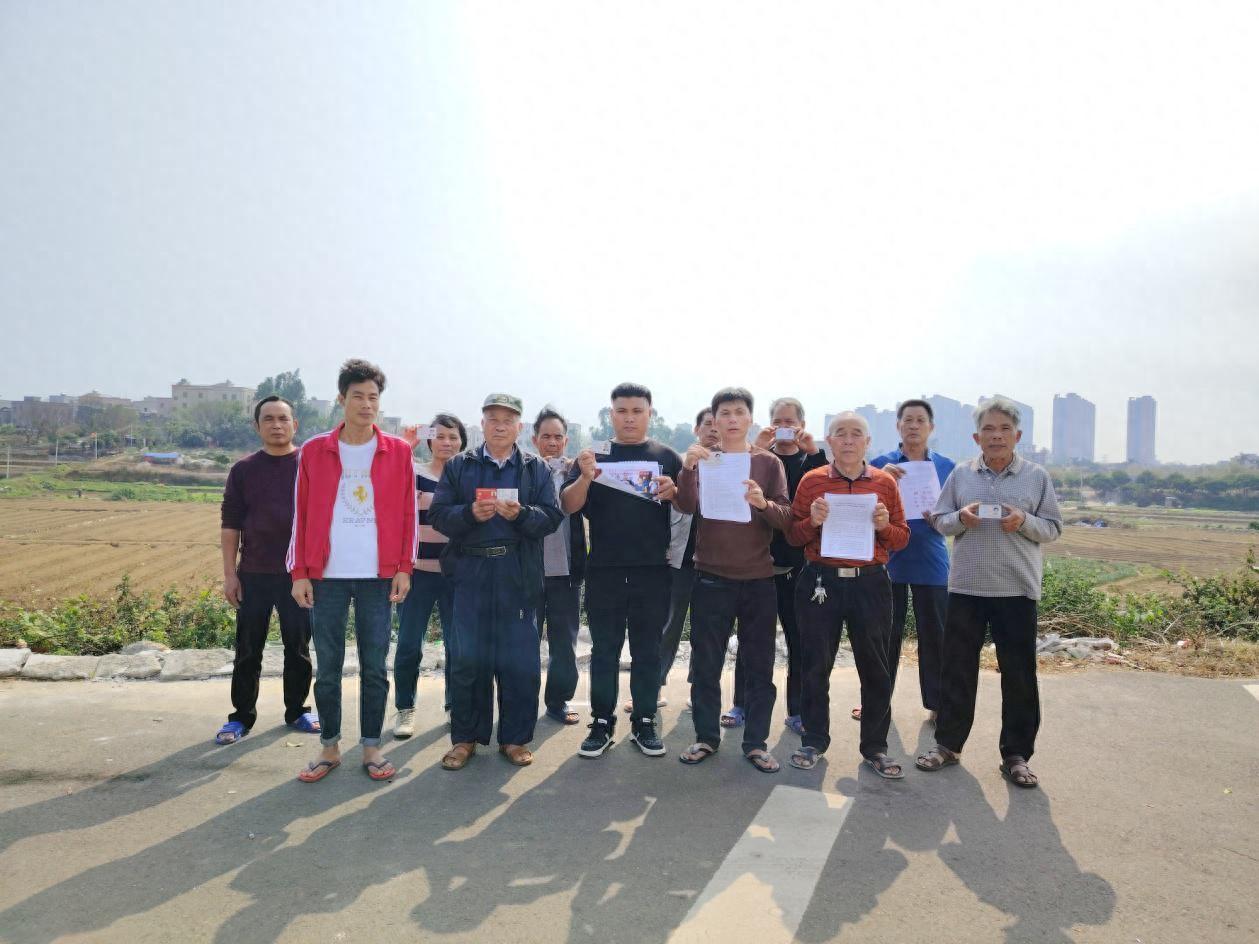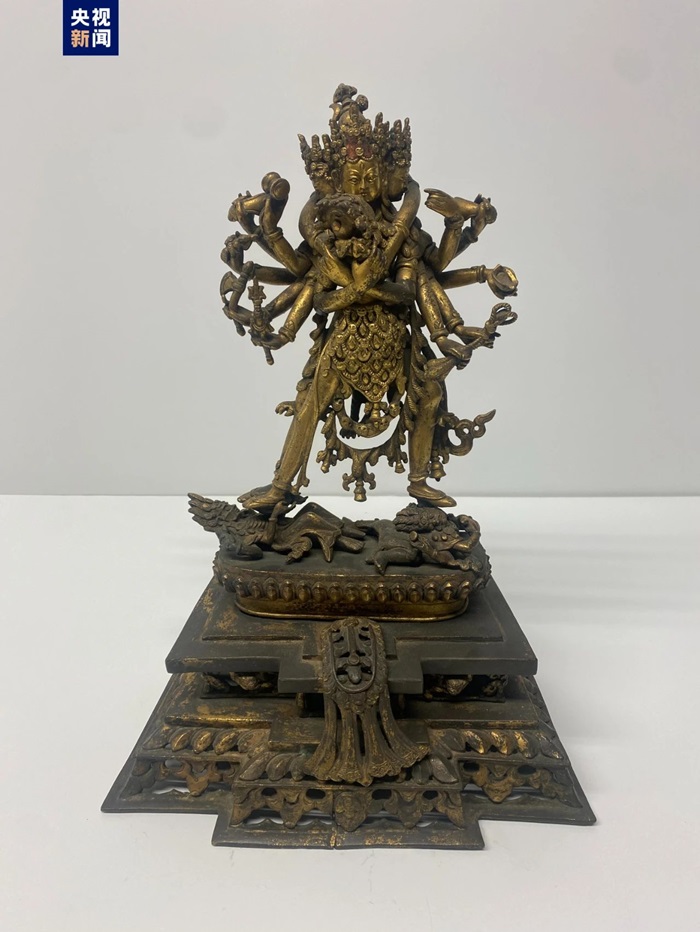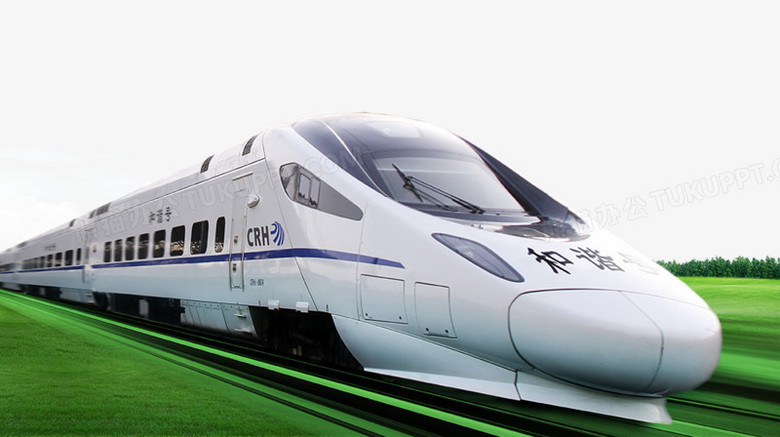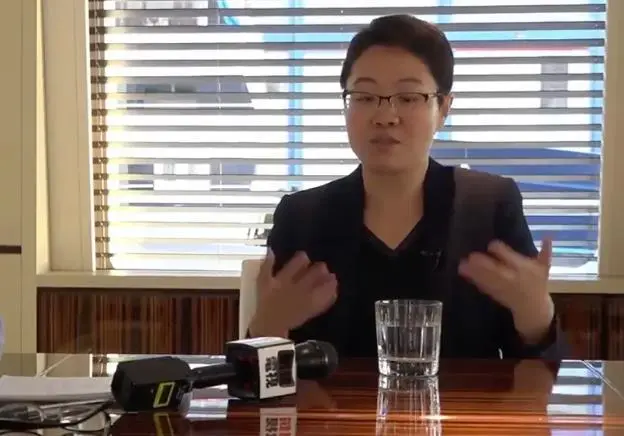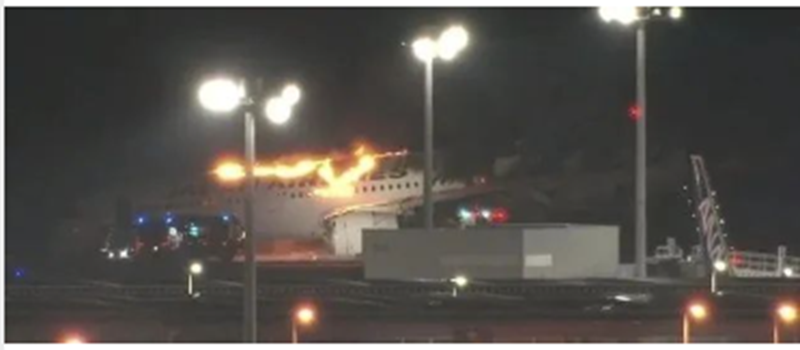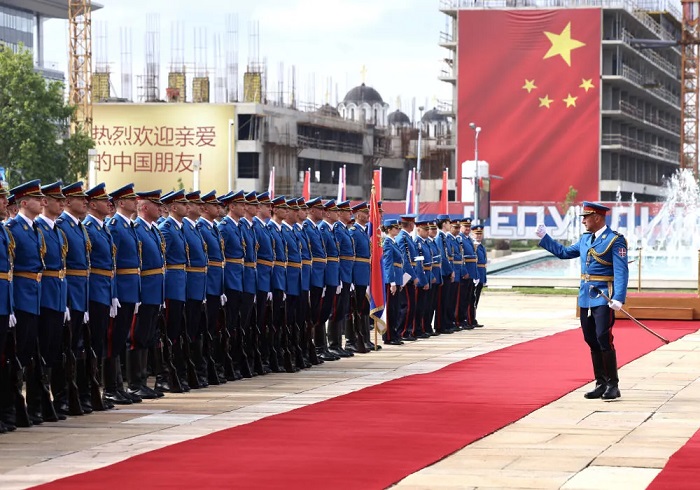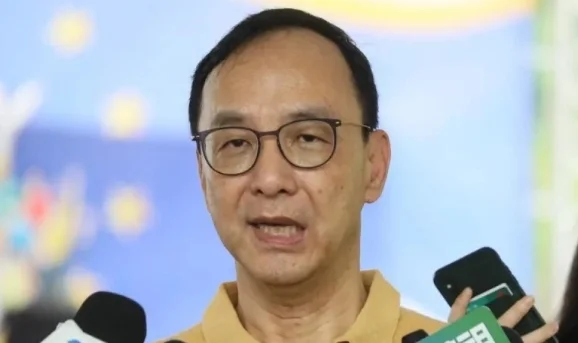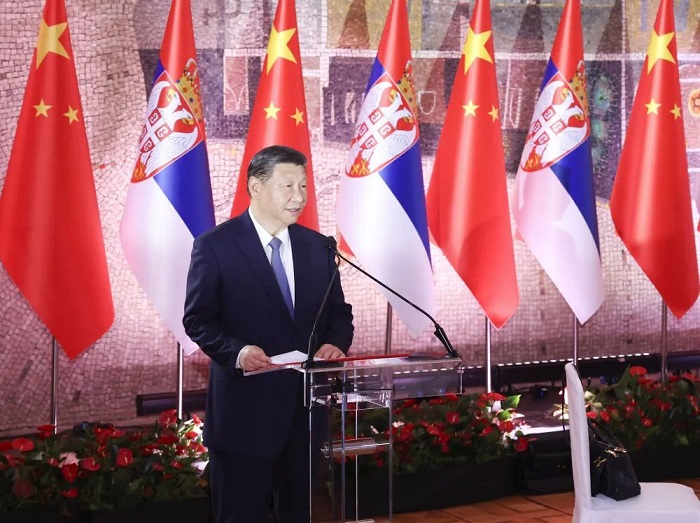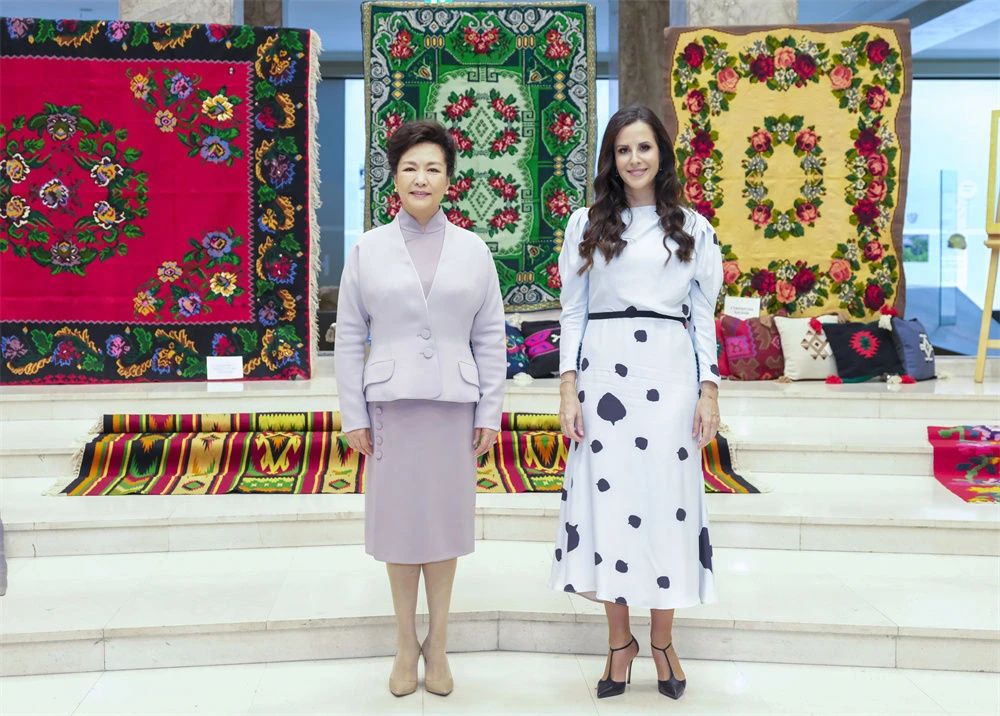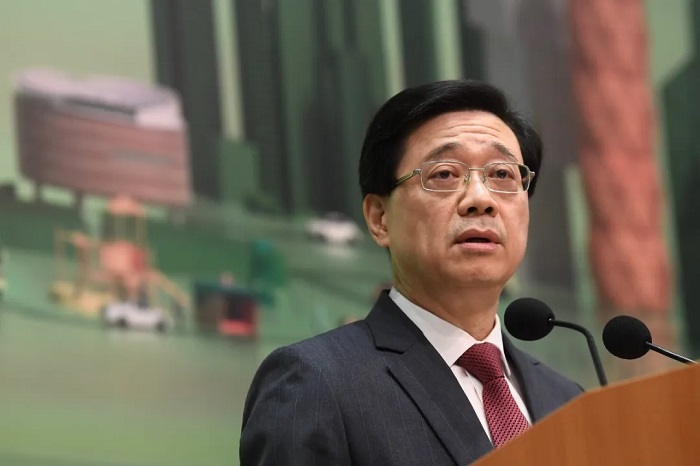白俄罗斯和波兰的边境难民危机引起了西方媒体的高度关注。近日,白俄罗斯总统卢卡申科就此事接受了英国广播公司(BBC)的专访。
他在采访中指责BBC的记者,在报道边境危机时选边站,针对白俄罗斯的同时却对波兰一方的不当行为视而不见,有失客观中立。
卢卡申科认为波兰军队对移民的行为“像法西斯一样”。
他进一步解释道:“听着,有人还在露天里睡觉呢,你们(波兰军队)就打着探照灯开着警报器,还把闪光灯什么的都打开,让直升机在天上飞。调查人员在报告上都说了,你们撒催泪瓦斯、水、有毒化学品,让直升机在低空飞......为什么?因为下冲力可以让它们进一步分散,就能喷到儿童身上了。你们BBC怎么不报了啊?你怎么不在你们频道上说波兰的直升机在边境上空乱飞呢?”
Listen, there are people sleeping in the open, and you turn on floodlights, sirens, these strobes and what not. You fly helicopters. The investigators reported now: you sprayed this tear gas, water, poisonous chemicals, and helicopters were flying low. Why? In order to disperse it even further with the helicopter's downwash, so that it reached the children," Lukashenko explained.

采访期间,BBC记者用匿名信息源的内容提问,引发了卢卡申科对BBC报道逻辑的不满。卢卡申科表示并不信任BBC给出的采访例证。
你知道吗,斯蒂夫,你一直在说“有些人,有些人……”那照这个逻辑,就是BBC的报道逻辑,就总是“有些人……” You know Steve, you're constantly saying, "some people, some people…" And if we apply this concept, the way the BBC does, it's always "some people, somebody…"
BBC记者:所以你不相信我说的? So you don't believe me? 卢卡申科:当然不相信。我相信事实。告诉我这些事发生在哪里,是谁这么做了,告诉我那个士兵的名字。而不是说“有人说,有人称,村里人说。”这样的对话太不严谨。 Absolutely not. I believe facts. So tell me where it happened, who did it and give me the name of the soldier. But saying "some people said this, someone called...someone from a village said that." It's not a serious conversation.

实习生:黄晓玥




